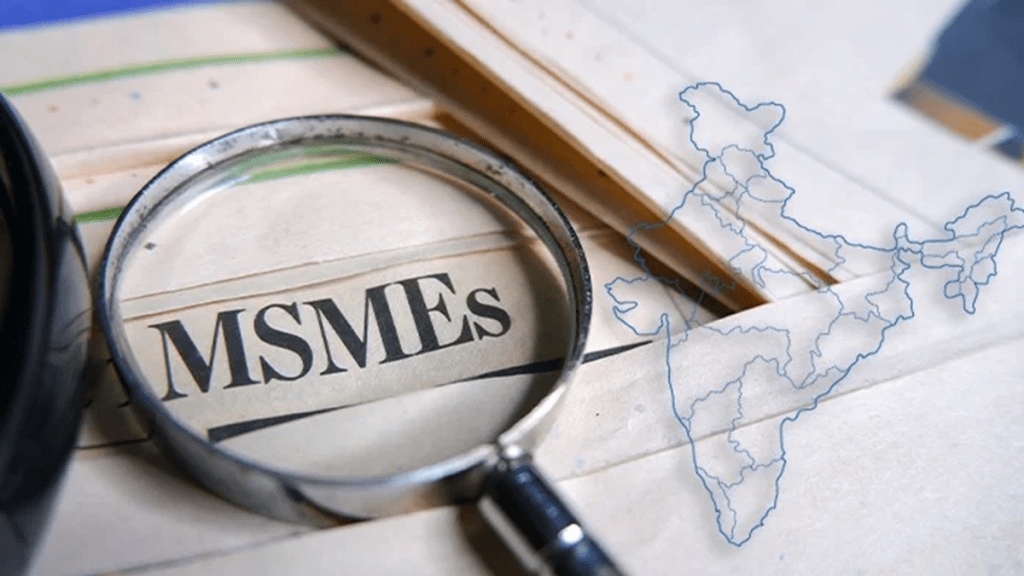To aid exporters impacted due to the steep US tariffs and diversify to other markets, the Centre may soon launch a credit guarantee scheme for MSME exporters for loans up to Rs 100 crore.
This new scheme exporters could be on the lines of the common Mutual Credit Guarantee Scheme (MCGS) for MSMEs launched earlier this year for the manufacturing sector, but with simplified terms, sources told FE.
“In MCGS, there is a 5% upfront deposit to be made while applying for guarantee cover for a loan. For the proposed scheme for exporters, the deposit can be reduced for exporters,” an official said, adding that the scheme is still in the discussion stage and no final decision has been taken.
The MCGS scheme, launched in January 2025, provides a 60% guarantee coverage by National Credit Guarantee Trustee Company Limited (NCGTC) to member lending institutions (MLIs) for credit facilities up to Rs 100 crore to eligible MSMEs for the purchase of equipment or machinery. An upfront contribution of 5% of the loan amount has to be deposited at the time of application of guarantee cover. The guarantee fee on loan under the scheme is nil during the year of sanction, it would be 1.5% per annum of the loan outstanding for the next three years and 1% of the loan outstanding thereafter.
Some of these terms could be eased for the proposed scheme for exporters. The scheme may be launched in the current quarter, given the adverse impact of the steep 50% US tariff on Indian goods. The higher US tariff, which came into effect on August 27, has impacted several sectors, including shrimp, textiles and gems & jewellery. For example, carpet exports have been worst hit as 60% of the item is shipped to the US alone. India’s annual carpet exports are estimated to be around Rs 8,000 crore.
The initial assessment suggests that there will be some impact of the US tariffs on Indian exports, but the government does not see the huge impact as feared earlier, the official said.
The exporters could manage the impact of the higher tariff at least for now. Despite the cost going up due to tariffs, some of the importers are still buying as it’s difficult for US importers to source products from alternative markets easily for the upcoming festivities like Christmas and the New Year, sources said.

